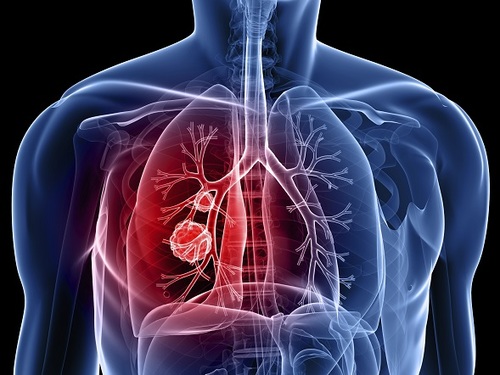THORACIC ONCOLOGY
Thoracic Oncology
Thoracic Oncology is a subspecialty of oncology focused on the diagnosis and treatment of cancers that occur in the chest (thoracic) region. This includes malignancies affecting the lungs, esophagus, mediastinum (the space between the lungs), chest wall, and thymus. The most common among these is lung cancer, which remains one of the leading causes of cancer-related deaths worldwide.
Treatment often involves a multidisciplinary approach combining surgery, chemotherapy, radiotherapy, and targeted or immunotherapy. Surgical intervention plays a key role in early-stage thoracic cancers and in selected advanced cases where tumor resection can offer significant survival benefit.

Signs & Symptoms
Thoracic cancers can present with various symptoms, depending on the organ involved. Common warning signs may include:
- Persistent cough or hoarseness
- Chest pain or tightness
- Coughing up blood (hemoptysis)
- Difficulty breathing or shortness of breath
- Unexplained weight loss
- Difficulty swallowing (in esophageal cancer)
- Recurrent respiratory infections
- Fatigue and general weakness

Diagnostic Procedures
Dr. Prosenjit Das follows a comprehensive and evidence-based diagnostic approach, which may include:
Detailed clinical evaluation and history
Chest X-ray and high-resolution CT scan
PET-CT scan for cancer staging
Bronchoscopy or endoscopic ultrasound (EUS) for visualization and biopsy
CT-guided or ultrasound-guided biopsy for tissue confirmation
Pulmonary function tests (PFT) before planning thoracic surgery
Tumor marker analysis and genetic profiling for targeted therapy options
